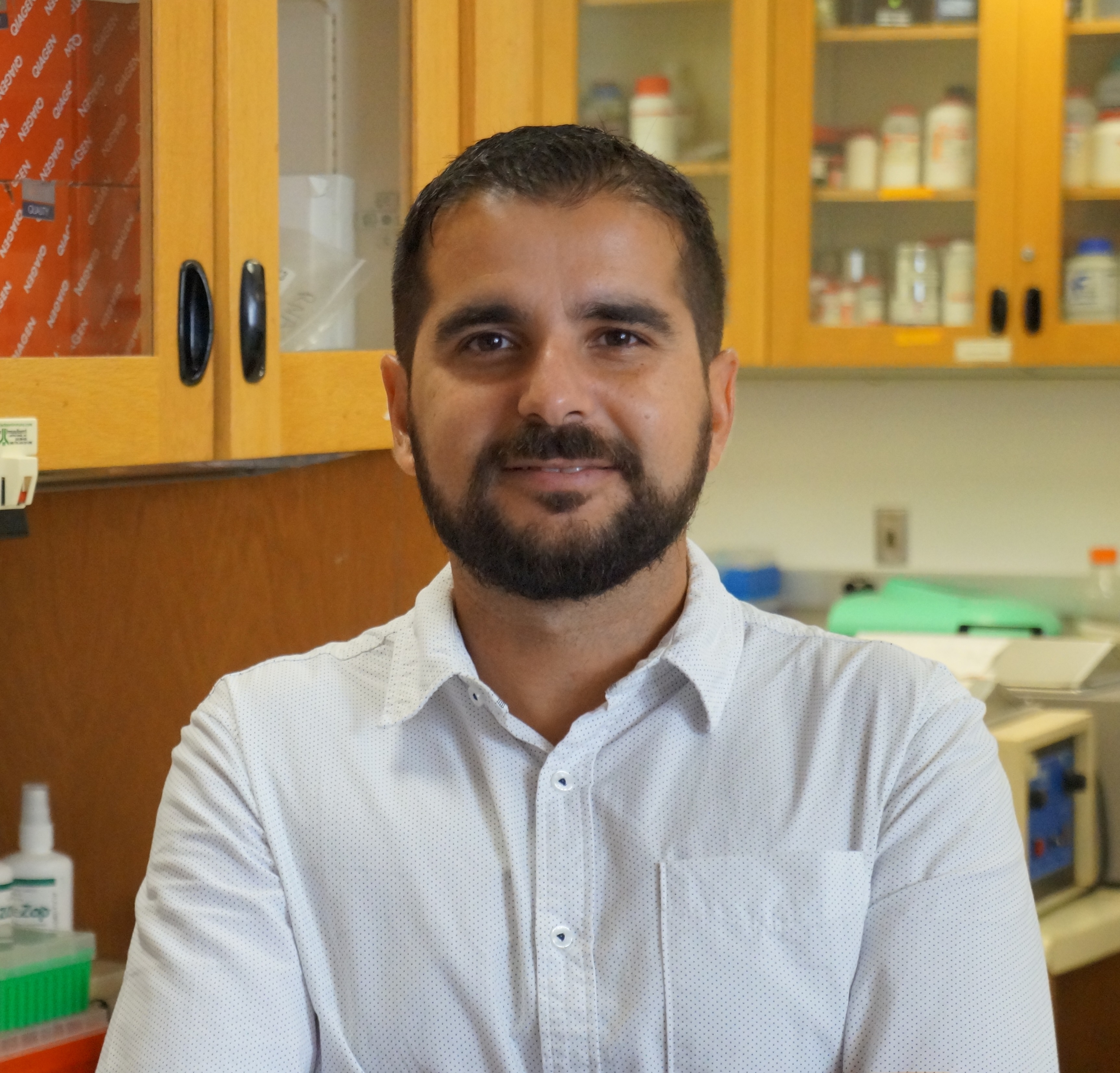
Associate Specialist
Surgery
UCSF
Since my PhD studies, my reaserch has focused on organ transplantion. In particular, I studied graft responses to ischemia/reperfusion injury and chronic rejection at the renowned Starzl Transplantation Institute at the University of Pittsburgh. My project was to develop approaches to minimize ischemia-induced graft injury using carbon monoxide in a rat kidney transplant model. During this period, I acquired critical microsurgical skills in rodents and also contributed to broaden the application of carbon monoxide therapy in large animal models before its approval for clinical trials. At the end of my PhD training, I decided to focus on islet transplantation research because of its potential as a minimally invasive cure for diabetes and the many challenges that remained at the time for this nascent field. Therefore I went to the Diabetes Research Institute in Miami that had the largest clinical progam of islet transplantion in the nation. In Miami, I studied the effect of hyperbaric oxygen therapy on type 1 diabetes and islet biology, developed an expertise in intravital imaging of islet grafts to study immune responses and tissue injury and worked on novel encapsulation devices for graft protection. To complement my experiences in graft injury, I wanted to strengthen my knowledge in transplantation immunology. I then moved to San Francisco for my second postdoc at UCSF, which is known for its outstanding research programs in immunology and stem cell research, two frontiers for islet transplantation. I have recently finalized my work on assessing immune response to stem cell-derived grafts and on evaluating effectiveness of immune protection using a novel encapsulation device. The results obtained during this investigation led to a phase 1/2 clinical trial (NCT02239354) initiated in September 2014 to assess safety, tolerability, and efficacy of (VC-01™), a combination product of hESC-derived islets encapsulated in Encaptra™ devices. In addition, I am keenly interested in understanding the molecular mechanisms underlying islet death soon after transplant developing clinically applicable interventions for islets and stem cells to prevent primary graft failure because of the potential to dramatically improve the outcome of islet transplantation.

